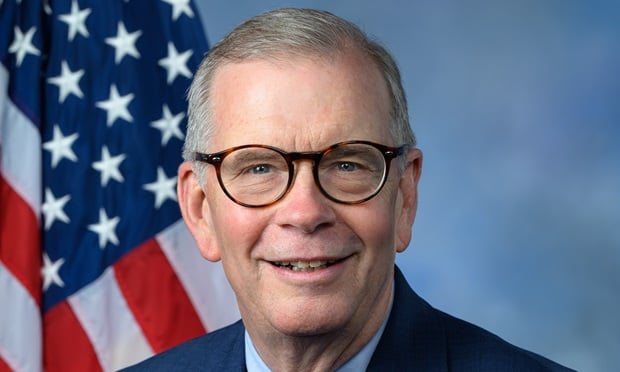 The last time a health overhaul was a major issue in the Democratic presidential primary race ― in 2008 ― it wasn't the candidate with the most sweeping plan who emerged as the winner. (Photo: Shutterstock)
The last time a health overhaul was a major issue in the Democratic presidential primary race ― in 2008 ― it wasn't the candidate with the most sweeping plan who emerged as the winner. (Photo: Shutterstock)The one thing we know about health care in the 2020 Democratic presidential primary race is that it's a top issue for voters.
The latest Tracking Poll from the Kaiser Family Foundation found 24 percent of Democrats and Democratic-leaning independents said they want to hear the candidates discuss health care. That's twice the total for the next top issue, climate change; and four times the total for immigration, the No. 3 issue. (Kaiser Health News is an editorially independent program of the foundation.)
Recommended For You
Complete your profile to continue reading and get FREE access to BenefitsPRO, part of your ALM digital membership.
Your access to unlimited BenefitsPRO content isn’t changing.
Once you are an ALM digital member, you’ll receive:
- Breaking benefits news and analysis, on-site and via our newsletters and custom alerts
- Educational webcasts, white papers, and ebooks from industry thought leaders
- Critical converage of the property casualty insurance and financial advisory markets on our other ALM sites, PropertyCasualty360 and ThinkAdvisor
Already have an account? Sign In Now
© 2025 ALM Global, LLC, All Rights Reserved. Request academic re-use from www.copyright.com. All other uses, submit a request to asset-and-logo-licensing@alm.com. For more information visit Asset & Logo Licensing.








